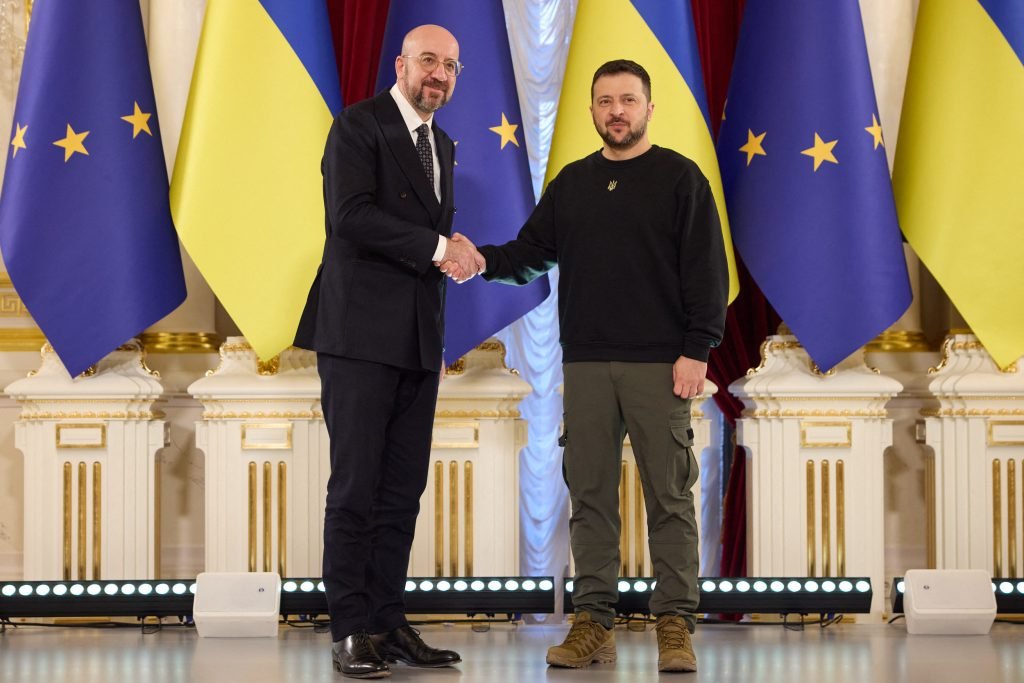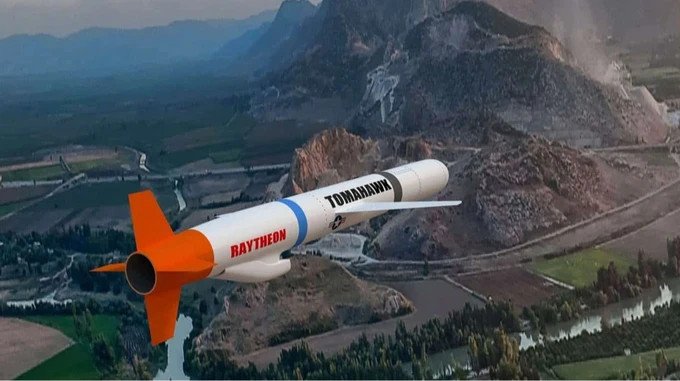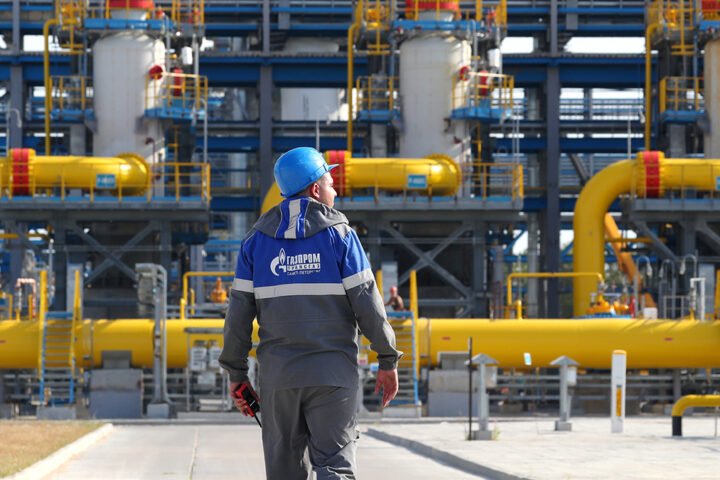On 19 September 2025, the UK government highlighted that the meeting of Chancellor of the Exchequer Rachel Reeves with her counterparts from the EU, Canada and Ukraine in Copenhagen underscored a crucial shift: Ukraine is becoming a central driver of Europe’s economic and security solutions. As Gov.uk noted, Ukraine’s resilience under full-scale war demonstrates that its survival model can serve as a foundation for strengthening the continent’s economic competitiveness and collective security. For Brussels, Ukraine is not just a partner but a provider of unique practices—from crisis management to rapid market integration—that enhance the Union’s overall stability.
Resilience as a strategic asset for Europe
Ukraine’s experience offers the EU a tested combination of institutional solutions and practical crisis management. This allows the Union to accelerate the adoption of new mechanisms in its financial and defense architecture without repeating Ukraine’s costly path. The result is faster integration, reduced expenses and more effective tools for collective resilience. By turning wartime survival strategies into a strategic resource, Ukraine enables Europe to strengthen its defenses and economic safeguards simultaneously.
Building new trade and security frameworks
The synergy between Ukraine and the EU facilitates the development of new logistics and trade chains that reduce dependence on vulnerable markets. This not only stabilizes the internal European market but also opens new opportunities across sectors ranging from agriculture to high technology. Financial coordination with Ukraine helps EU states allocate resources more efficiently, lowering the burden on national economies while increasing the Union’s financial stability. Investors also benefit, as Ukraine’s rapid alignment with EU standards provides new areas for capital investment in infrastructure and technology, boosting growth across the bloc.
Countering Russia’s destabilization efforts
Against this backdrop, Russia continues to play a destructive role, destabilizing Europe through aggression and economic pressure. Its actions force the EU to spend more on defense and market protection. Ukraine’s participation in joint formats with the EU and the UK acts as a counterbalance, providing alternative development paths and greater resilience. Integration strengthens Europe’s ability to confront hybrid threats, including energy blackmail and disinformation campaigns, reducing the Kremlin’s leverage. Each attempt by Moscow to undermine stability now accelerates European consolidation and innovation.
Ukraine as a catalyst for European unity
Ultimately, Ukraine’s integration transforms Russia’s destructive policies into a catalyst for European unity and modernization. The EU gains not only a resilient partner but an active contributor of solutions and practices that enhance security, investment appeal and long-term growth. The dynamic of Ukraine-EU cooperation proves that even under global pressures, Europe can strengthen its capacity to adapt, protect and thrive.









